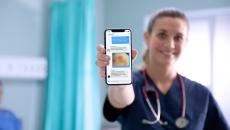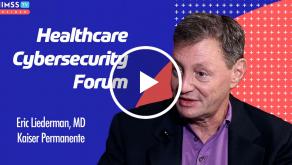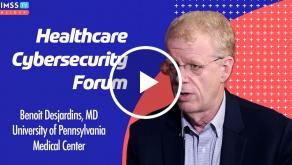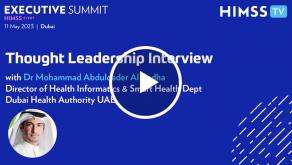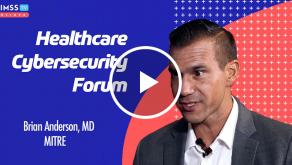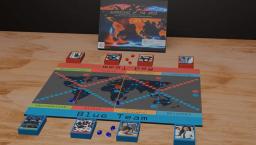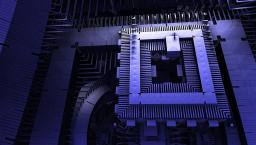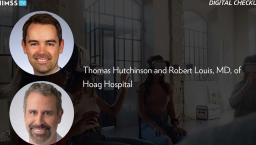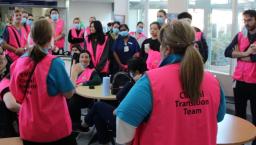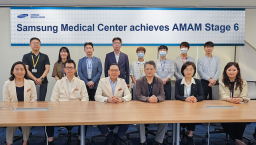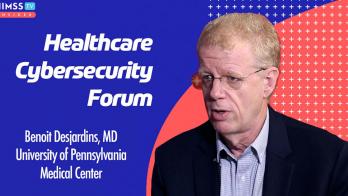90% of futurists say digital twins will be widely used within a decade

Photo: Sindre Fs/Pexels
A survey of TATA Consultancy Services futurists and a network of their peers with expertise said digital twins will reshape society by 2035.
WHY IT MATTERS
TCS, a global IT services, consulting and business services organization, says its new study analyzed when and how digital twins will impact different sectors in the future, including their potential and risks.
The first TCS Digital Twindex surveyed key tech industry experts and experienced futurists, who anticipate digital twins will revolutionize communities and our way of life, according to a statement from the company.
The Twindex says that study respondents "believe digital twins will be broadly adopted in healthcare within the next six years," and that 52% believe broad adoption of digital twins in life sciences and healthcare will happen in the next three years.
However, 42% of survey participants agreed that it will take 10 years or more before full digital twins of human bodies become "commonplace."
"This will be the most difficult feat to accomplish," the futurists said.
THE LARGER TREND
In healthcare, the promise of digital twins is being able to make decisions after understanding how various care choices may actually affect patients in the future.
Care can become more precise with insights from a digital twin.
NTT Research's Medical & Health Informatics Lab and Harvard University's John A. Paulson School of Engineering and Applied Sciences began working on a three-year joint research project that they hope will reveal the structure-function relationships of the heart that may have been overlooked in the canon of cardiovascular physiology.
The goal of the digital twin partnership is to engineer the heart through the development of a CV bio digital twin model.
"There needs to be a strong relationship between people building models, like the MEI Lab, and the organs-on-chip people, like ourselves," said Kevin Kit Parker, professor of bioengineering and applied physics at Harvard, in the announcement about the project.
ON THE RECORD
"As mentioned by several respondents, digital twins in healthcare could significantly impact human lives," said Alexandra Whittington, futurist with TCS.
"A digital twin that encompasses the entire healthcare ecosystem would allow for holistic patient care."
Andrea Fox is senior editor of Healthcare IT News.
Email: afox@himss.org
Healthcare IT News is a HIMSS Media publication.



